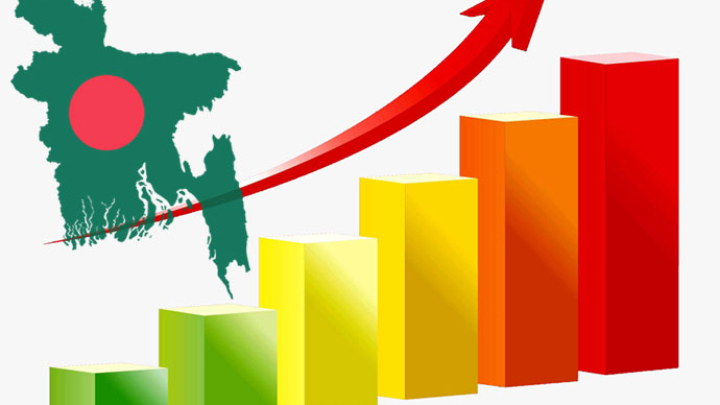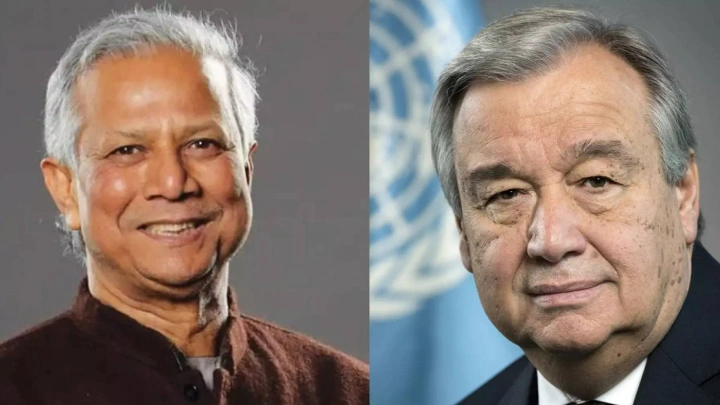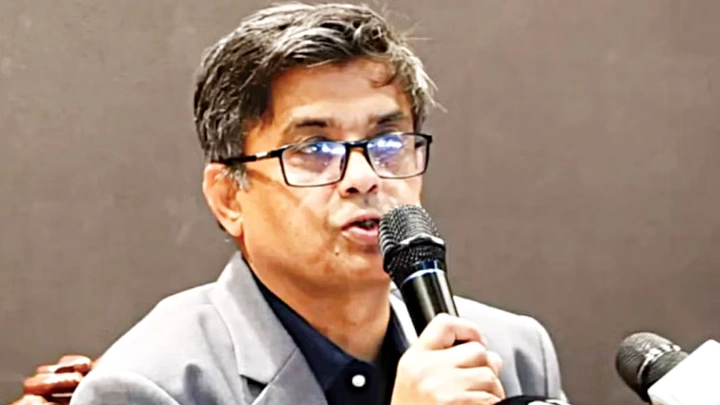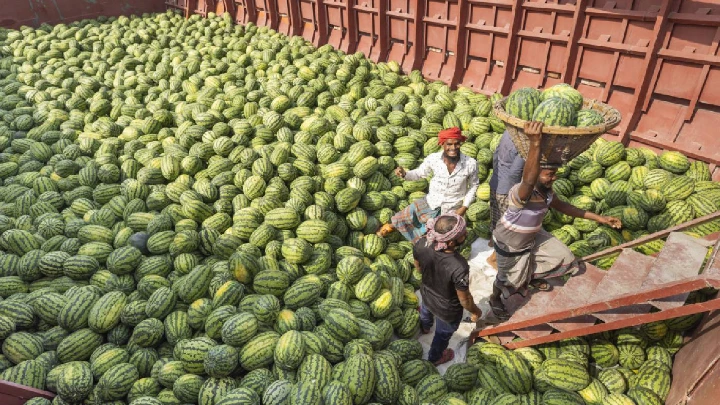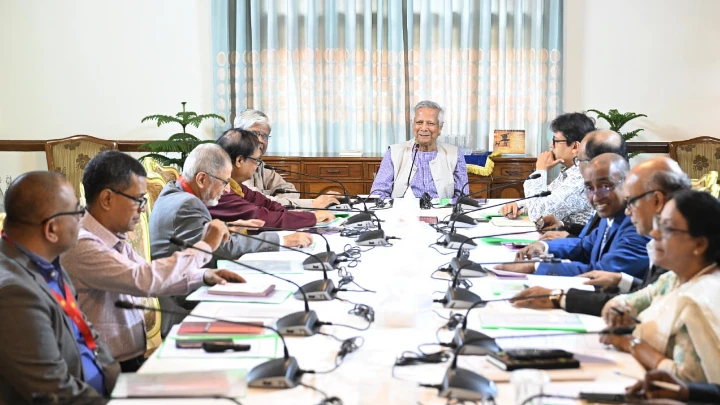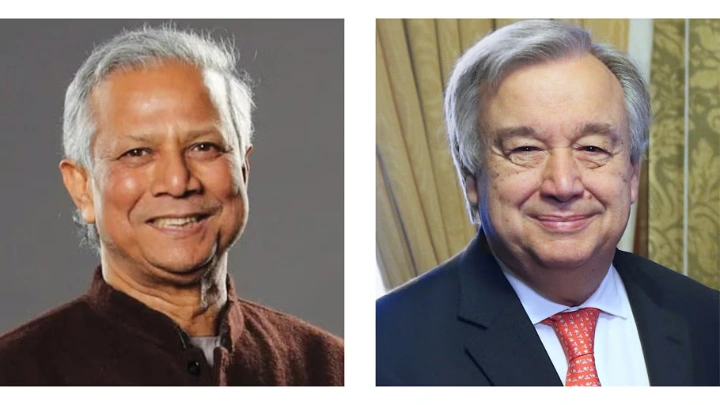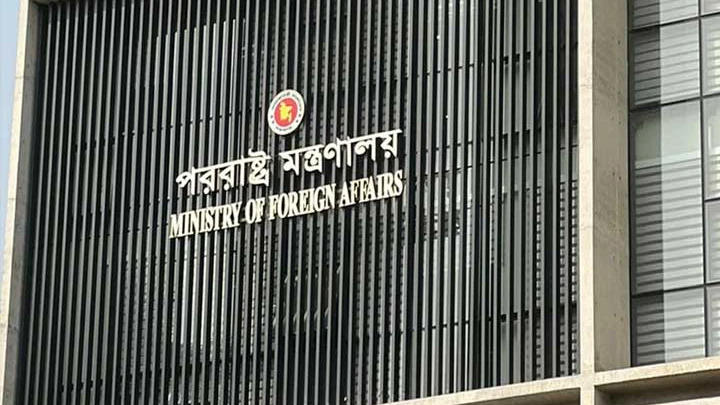Pakistan’s leadership learns many lessons from Bangladesh’s experience
Shining BD Desk || Shining BD
Bangladesh has experienced significant economic transformation, which can be attributed to its leadership, reads an article published in The Express Tribune.
Pakistan’s leadership can learn many lessons from Bangladesh’s experience, but the main takeaway should be that Sheikh Hasina prioritised economic growth, which is crucial for both defence and democracy, reads the article.
Sahibzada Riaz Noor in his article mentioned Prime Minister Sheikh Hasina inaugurated the Padma She undertook the task of balancing economic policies with political implications.
Sheikh Hasina learnt from other Asian countries whose economic success was based upon four pillars: political stability, social development, trade liberalisation with export-led growth and fiscal restraint, Bridge recently and declared it a ‘symbol of pride and capacity’.
As early as 1992, Sheikh Hasina was involved in the economic issues and plans for Bangladesh, according to the article titled "Takeaways from Bangladesh’s leadership."reads the article.
During a conference, when an economist began informing her about the benefits of trade liberalisation, Sheikh Hasina quipped: “You don’t have to convince me about trade liberalisation. When I was living with my physicist husband in the Italian city of Trieste on the Yugoslavian border, I watched the border being opened three times a week and people travelling across from both sides, purchasing goods and return.”
This demonstrates that Sheikh Hasina was assiduously focused on economics rather than other considerations that politicians are attracted to, he wrote in the article.
Even though between 1971 to 2009, Bangladesh had hiccups in accountability campaigns and military rule, since 2009, the army has taken the back seat. Bangladesh has seen less frequent derailment of civilian governments and experienced little legitimisation and delegitimization of governments.
Despite having little experience in governance, the Prime Minister possessed visionary acuity and conviction that economic progress was the only way to alleviate poverty in the country, reads the article.
Bangladesh has become one of the fastest-growing economies in the world. Back in 1970, the country was 75% poorer compared to Pakistan but now it is 45% richer. In 1970, it had 10 million more mouths to feed but now its population is 170 million compared to Pakistan’s 230 million. In 2021, Bangladesh’s exports were $47 billion while Pakistan’s exports were $28 billion. The income per capita in Bangladesh is $2,227 compared to Pakistan’s $1,543. In 2022, its gross domestic product (GDP) is $411 billion compared to the $347 billion in Pakistan. The annual inflation rate is 6% compared to Pakistan’s previous 12-15%, which has now risen to 21% and is expected to further increase. Also, the Bangladeshi taka is much stronger compared to the Pakistani rupee, reads the article. Importantly, Bangladesh has a strong literacy rate with high female participation in the economy, it reads. In Pakistan, political parties have remained interested in personal gains, according to the article. The repeated manipulation of the democratic process has stymied the growth of strong, democratic, and non-dynastic parties, it reads. It is worth recognising that economic growth is closely tied with political stability, rule of law, strong civilian institutions, and participatory democracy, the article reads.
Dhaka Tribune
Shining BD

